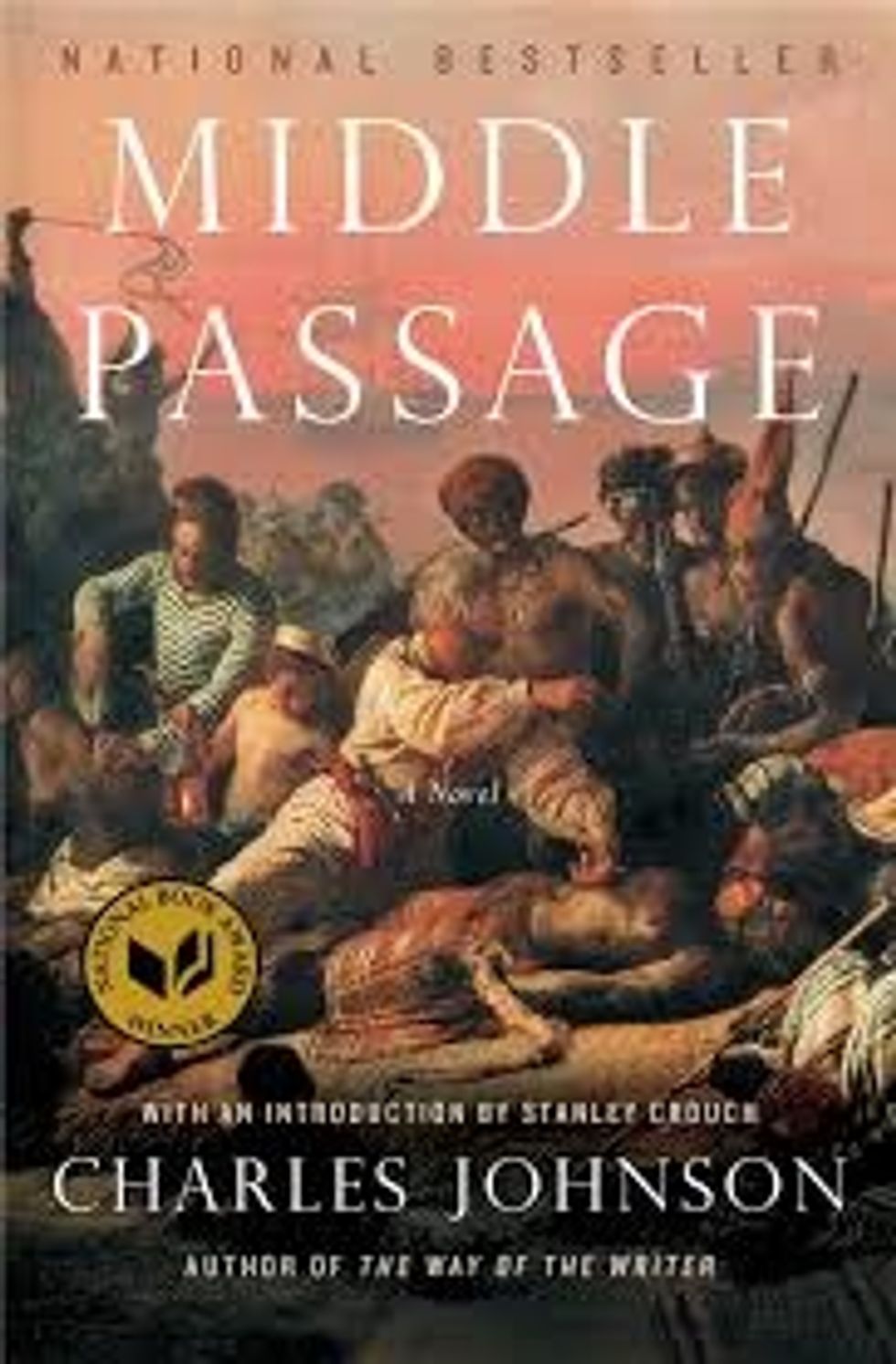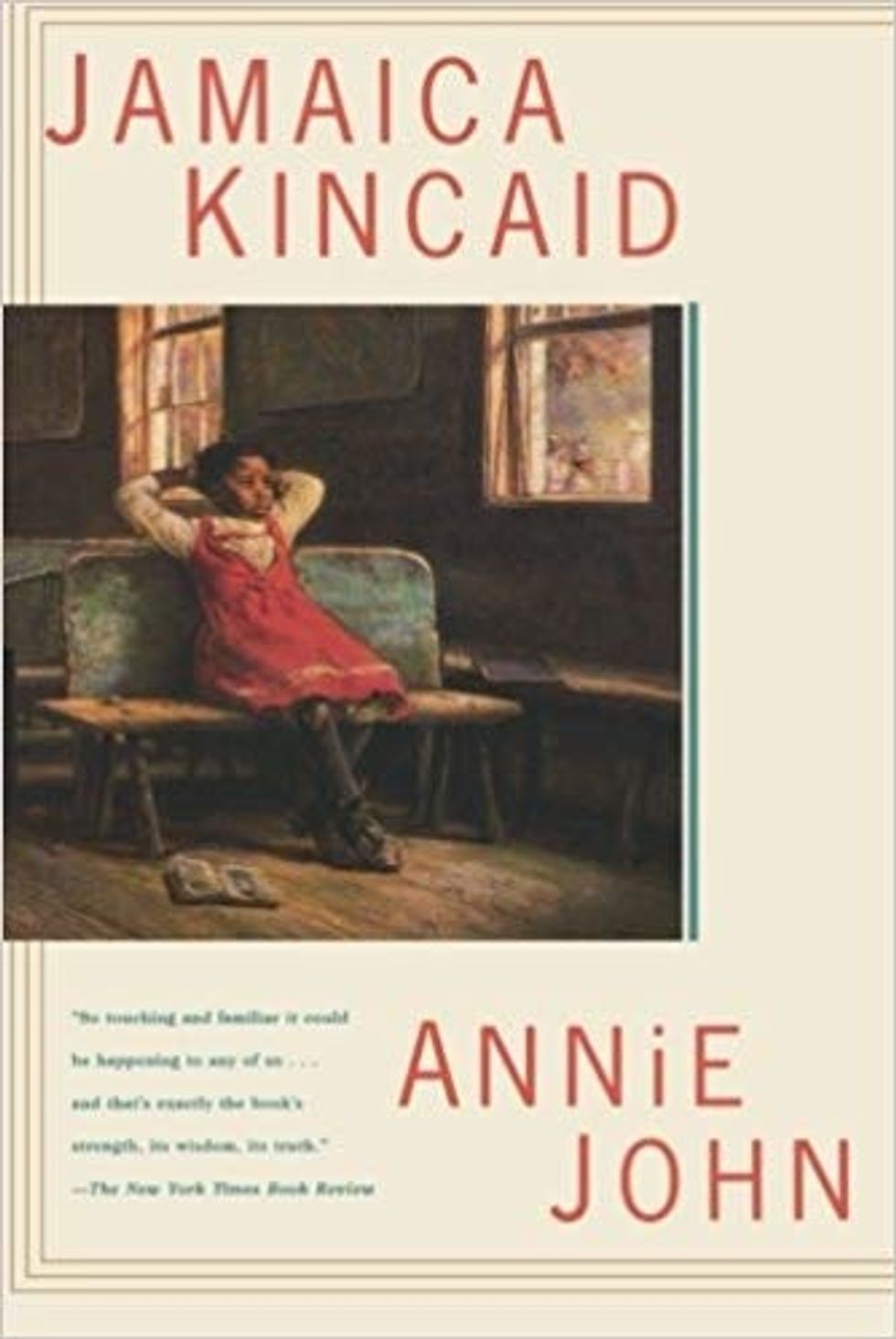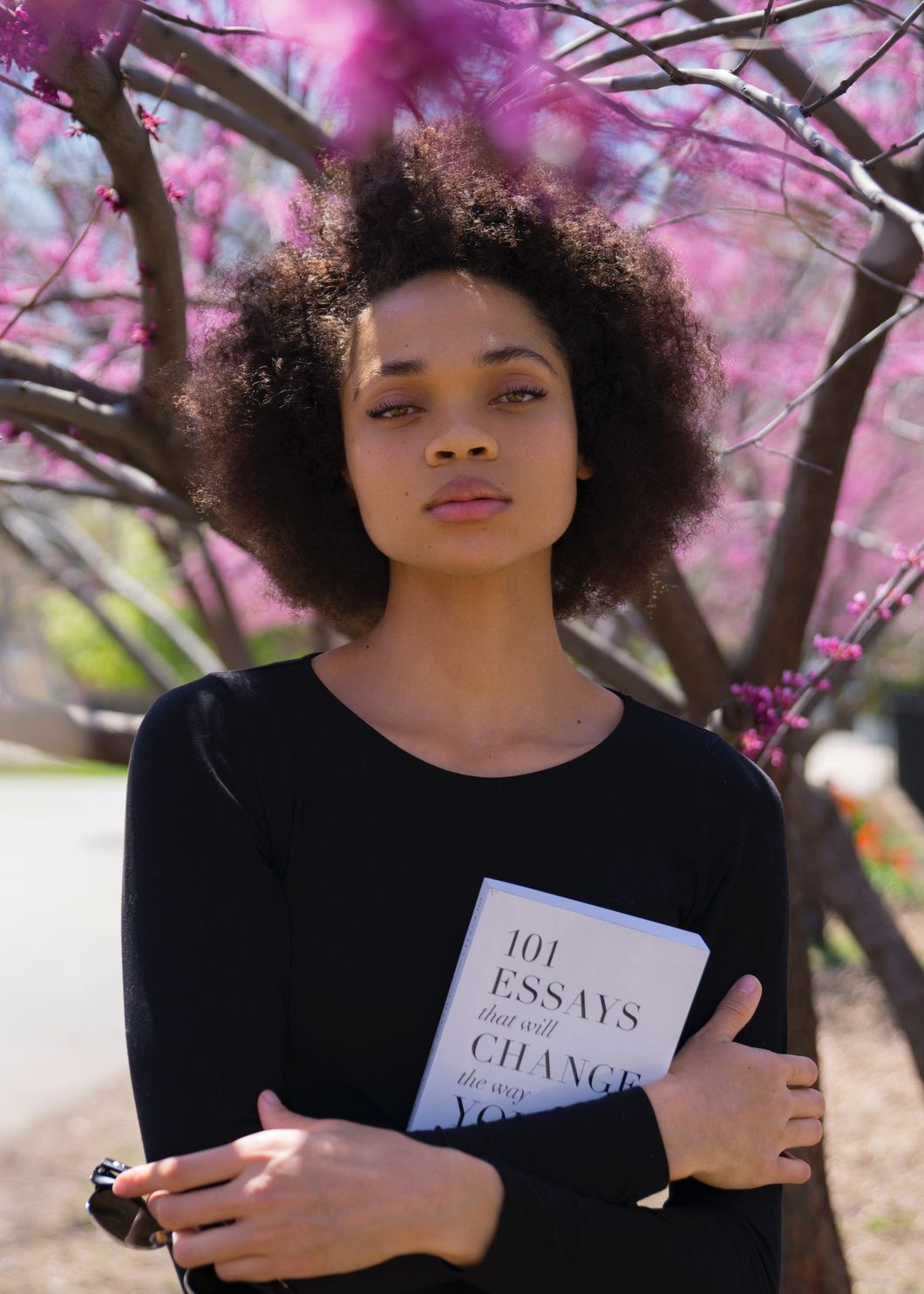Black literature is as important and valuable as the mainstream literature. Aside from missing out on incredible stories from talented authors, those who don't read black literature also miss out on tales of the African American (or black) experience and the various themes that take place within black double consciousness.
Here is an incomplete list of someone of my favorite books, all from black authors.
1. "Kindred" by Octavia Butler.

"Kindred" is a science fiction novel by Octavia E. Butler that combines time travel and slave narratives in order to critique historical slavery and contemporary patriarchy.
The book is a hybrid text of science fiction, slave narrative and grim fantasy where the main character, Dana, is whisked through time to ensure the progression of her family line. She finds herself on the Weylin Plantation, pre-civil war, and encounters her white, slave-owning ancestors. Every time Dana travels back to the slave plantation, her stay there becomes longer and longer, making her own survival harder and harder to achieve.
"Kindred" also explores the antebellum south through the eyes of a 20th-century black woman, while looking at the dynamics of enslaver and slave, husband and wife, as well as trauma and growth, the intersection of power, and gender.
2. "Middle Passage" by Charles Johnson.

"Middle Passage" by Charles Johnson is a fictitious historical novel about an ex-slave, who, after gaining his freedom, accidentally takes a voyage on an illegal slave ship, ironically named "The Republic" as he attempts to flee "the American dream."
The book is a satire, a metaphysical drama and an allegory for both quest and redemption as the main character Rutherford Calhoun is transformed on his journey through the middle passage.
3. "Corregidora" by Gayl Jones.

Much like "Kindred," "Corregidora" by Gayl Jones explores the relationship between slavery and the American present. The novel details the importance of record keeping in the African American experience as the protagonist, Ursa, a blues singer, struggles with trying to find her purpose in life while stuck in the cycle of abusive relationships. This novel explores physical and emotional trauma and collective history, as well as a black woman's search for her own voice.
4. "Sag Harbor" by Colson Whitehead.

"Sag Harbor" is a novel by Colson Whitehead that takes place in Sag Harbor, a small village in the Hamptons on the east end of Long Island.
The novels main character, Benji explores the themes of race, class, and culture as he and his brother spend the summer in this predominately white town.
5. "Dessa Rose" by Sherley Anne Williams.

"Dessa Rose" by Sherley Anne Williams is a neo-slave narrative that chronicles the life of a pregnant slave as she escapes toward freedom. The backdrop of this novel is based on a combination of two historical events; one of a pregnant slave who led a revolt and the other about a white woman who welcomed runaway slaves into her home.
The novel was written in response to Wiliam Styron's, "The Confessions of Nat Turner," where, he, a white man is assuming the voice of an African American man. In "Dessa Rose," Sherley Anne Williams, a black woman, assumes the voice of a white woman.
6. "Annie John" by Jamaica Kincaid.

"Annie John," is a novel by Jamaica Kincaid. A classic coming-of-age story and the tragic loss of childhood, it details the growth of a school girl in Antigua as it covers the issues of difficult mother-daughter relationships, racism, lesbianism, depression, as well as poverty. Annie's idealistic childhood is cut short as she experiences mental changes that she can't understand.
These books aren't just for black folk, they are for anyone interested in the black experience.





















